The cultural traditions of state-village transactions, which crystallized in ancient and medieval India, bequeathed, notwithstanding hagiographic portrayals by British scholar-administrators and Indian nationalist academics in the early 20th century, a slow-changing economy to the Republic of India. The Nehruvian model of growthmanship under the canopy of an etatist Democratic Planned Economy significantly boosted capital formation as well as rural development, but the post-1950 increments in GNP growth-rates resulted in a paradox: The Republic of India showed that, unlike the take-off trajectory of now-developed economies, it is possible to undergo ‘development’ yet remain ‘rural’. This anthology of 14 essays written by a perceptive student of Political Science and Public Administration during the last two decades of the 20th century, attempts to illuminate the ‘past and present’ of the unprecedented survival of Indian villages and persistence of their millennia-old Rurality amidst the myriad change-chains of Modernity. The Rurality-Modernity encounter in village India is taking place under the canopy of parliamentary democracy which the Consembly adopted, in preference to Gandhian advocacy of Panchayat-based self-government, but its isocratic architecture tilts the power-balance towards the villages which seem to have defied the global mega-trend of ‘Developmental De-ruralization.’ However, very few Social Scientists have taken not of the stability of the political mass of rural population while its economic weight is declining steadily in terms of GNP percentage-share. The volume thus offers an innovative overview of the contrapuntal tendencies inherent in an oxymoronic concept like Rural Development and challenges many myths about the role and relevance of "village republics" in the Republic of India; even more importantly, it raises several yet-unasked questions about the emergent tensions of democratic limits of economic change in rural India. These issues can be analysed only by skillful interweaving of many disciplines like History, Economics, Political Science, Public Administration and Policy Analysis. Hopefully, this anthology will be useful to the academic students of social sciences as well as make the state and market practitioners of Rural Development better equipped to re-design the ‘futuribles’ of of the Rurality traditions in an age of global Modernity.
Rurality and Modernity in Democratic India: Past and Present
In stock
Free & Quick Delivery Worldwide
reviews
Bibliographic information
Title
Rurality and Modernity in Democratic India: Past and Present
Author
Edition
1st ed.
Publisher
Aalekh Publishers, 2007
ISBN
8187359331
Length
viii+224p., Tables; References; 23cm.
Subjects

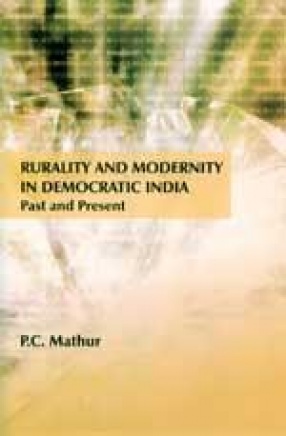
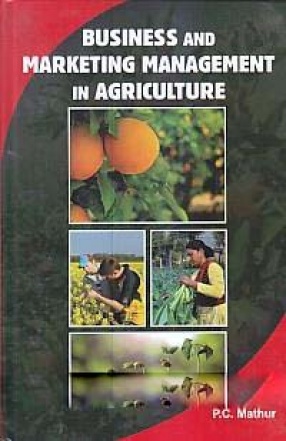
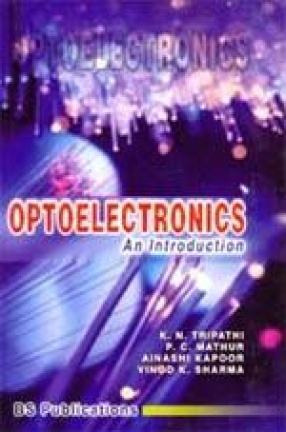
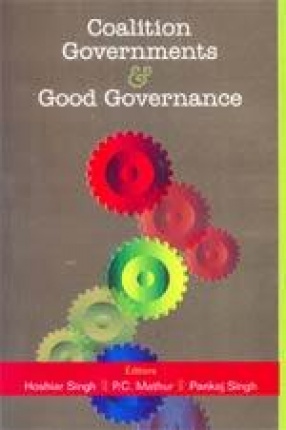
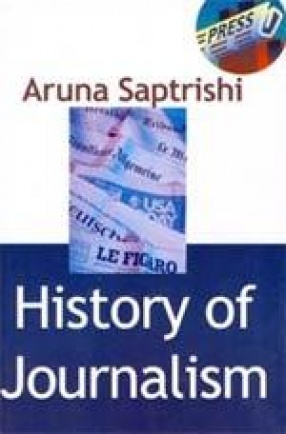

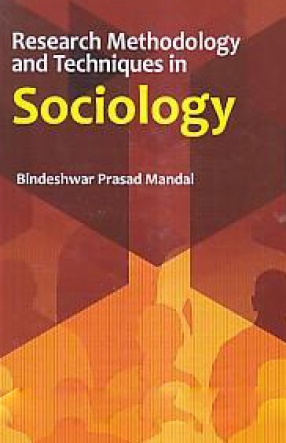
There are no reviews yet.